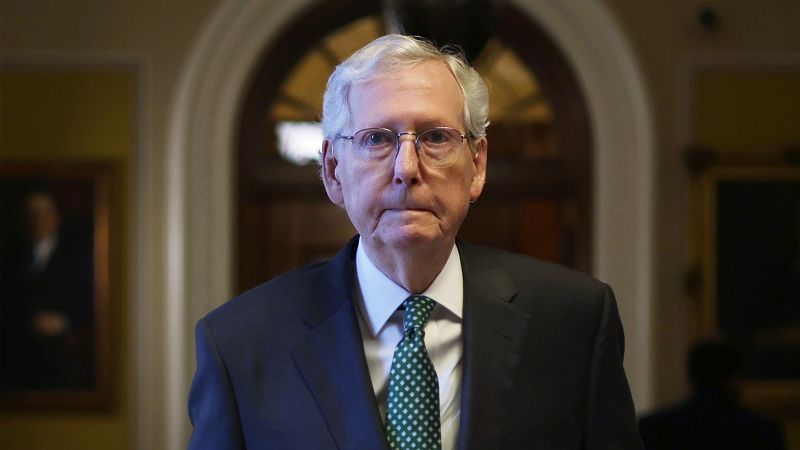Senator Mitch McConnell, once a formidable figure in the Republican Party, now finds himself on the outskirts following his relinquishment of leadership. In a series of notable moves, McConnell has opposed key Trump nominees, diverging from Senate Republicans. His recent votes against Trump’s Cabinet picks have highlighted his independent streak, signaling a departure from his previous role. Despite health challenges and isolation on the Senate floor, McConnell remains steadfast in his convictions, advocating for free trade and robust foreign policy.
As McConnell navigates this new chapter in his career, the rift between him and the GOP, particularly Trump loyalists, widens. Trump’s criticism of McConnell’s decisions has further fueled tensions within the party. McConnell’s shift towards independence has garnered praise from Democrats, who credit him with breaking from party lines. However, his past actions, including blocking Obama’s Supreme Court nominee, continue to draw criticism.
As McConnell’s influence wanes, the evolving dynamics within the Republican Party come to the forefront. His stance on issues like trade and foreign policy puts him at odds with the party’s current trajectory, emphasizing a shift towards isolationism. Despite the challenges and divisions, McConnell remains resolute in his beliefs and is seen as a significant voice in shaping US policies, especially in defense and election security. The end of McConnell’s era signifies a transformative period for both the GOP and the Senate.

